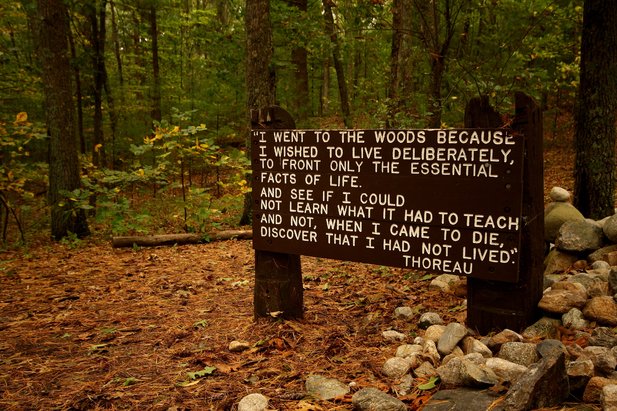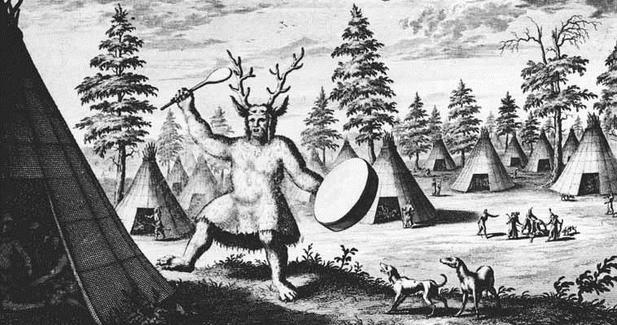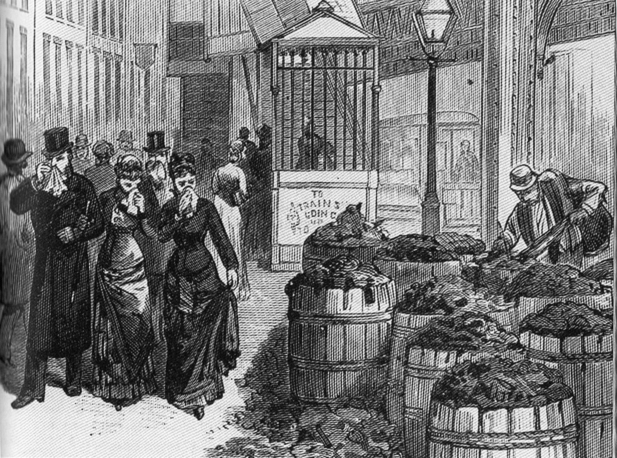(un)Real Walden

Henry David Thoreau — Walden

Thoreau's wood cabin & his statue

Extracts from Walden as a sign in the forrest

the trouble with Henry is that he is not telling us about the real Walden of his times… it was like this

the ground around Walden Pond
Walden has been a degraded landscape since early in the European intrusion. The first industry in Concord was an extractive one, raking up the layer of bog iron ore that lay under the meadows and transporting it in carts to smelters. Thoreau was walking through a landscape which still bore deep scars from those long cart tracks. The smelting of course required huge quantities of charcoal, so the charcoal-makers were stripping the woods of anything they could pile into their mounds covered with earth that would be transformed into charcoal over a number of days and nights of tending. The circles of charred earth on which the charcoal-makers had staged their operation were still in evidence in Thoreau's day, as were the overgrown remains of the smelting facilities.

there were the natives — local indians
During what is known as King Phillip's War, in 1676, the watershed around Walden Pond was the scene of a race atrocity. There was a «free fire zone» law in effect, according to which any native American who was more than one mile distant from his or her habitation of record could be killed, and three women and three children who lived on Flint's Pond had ventured to the other side of Walden Pond, about one and one-half miles from their habitation, while picking huckleberries, onto the Hoar property, so the Concord Militia went out and slaughtered them. (Several white Concordians later were hanged, for this race crime, by the neck until dead, on Boston Common.) In other words, Walden was polluted not merely by human use but also by human misuse.

and poor Irishmen

and poor Blacks
When the railroad workers came through, they were of course predominantly Irish ecological refugees of the potato famine. They lived, of necessity, low. They considered that they were in direct economic competition with American persons of color, and thus there was a great deal of race friction. When they erected their shanties alongside the path they were preparing for the railroad, Concord's blacks needed to be elsewhere. Thus Concord's black citizens during Thoreau's era were living in the meadows along the river, and were living farther away from Walden Pond.

together they had turned Walden into a field of garbage, destoryed most of the trees in the area and made the place very dangerous to visit at night

overall, Walden was a typical demorcratic place of XIX century America
With all this use by people living in dire poverty, Walden Woods was not what you would call a clean area, and you may notice that Thoreau comments about the lingering scent of a dead horse that had been abandoned in a cellar hole there. In addition, the woods did not have the reputation of being a safe place, and thus a woman during Thoreau's era would have needed to be very careful to be escorted, and to be out of the woods before dusk.




